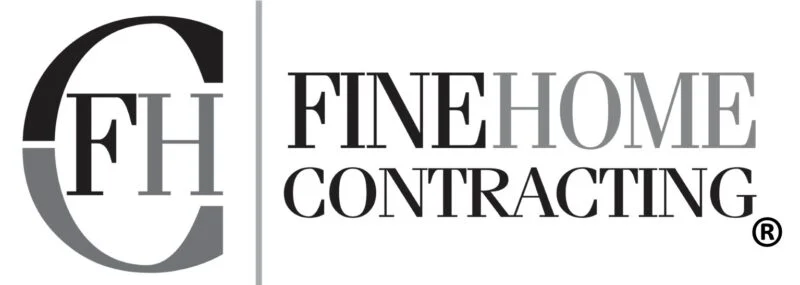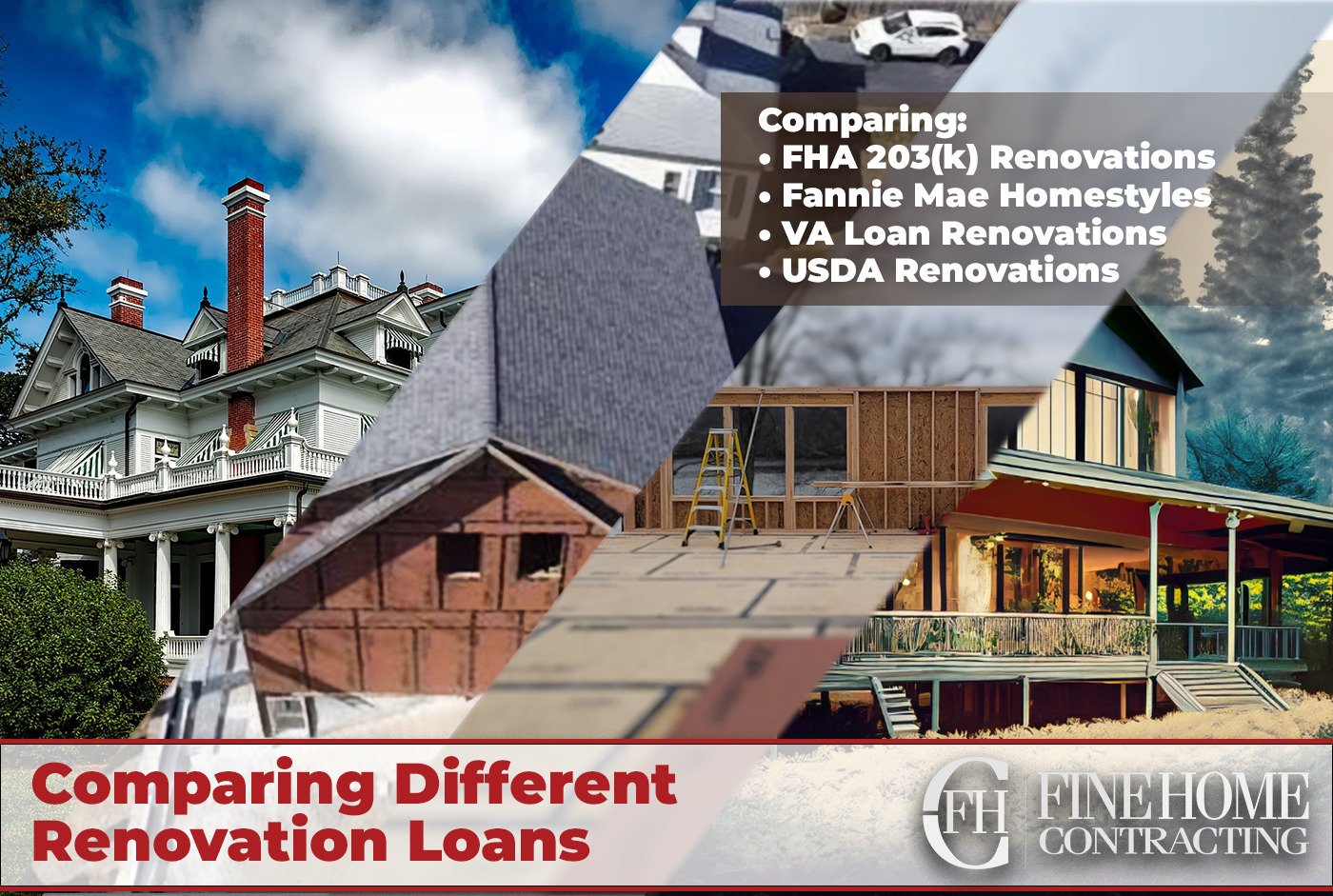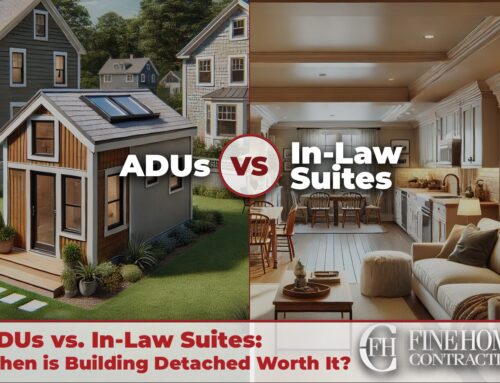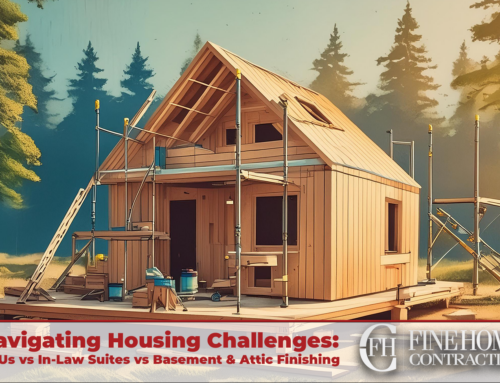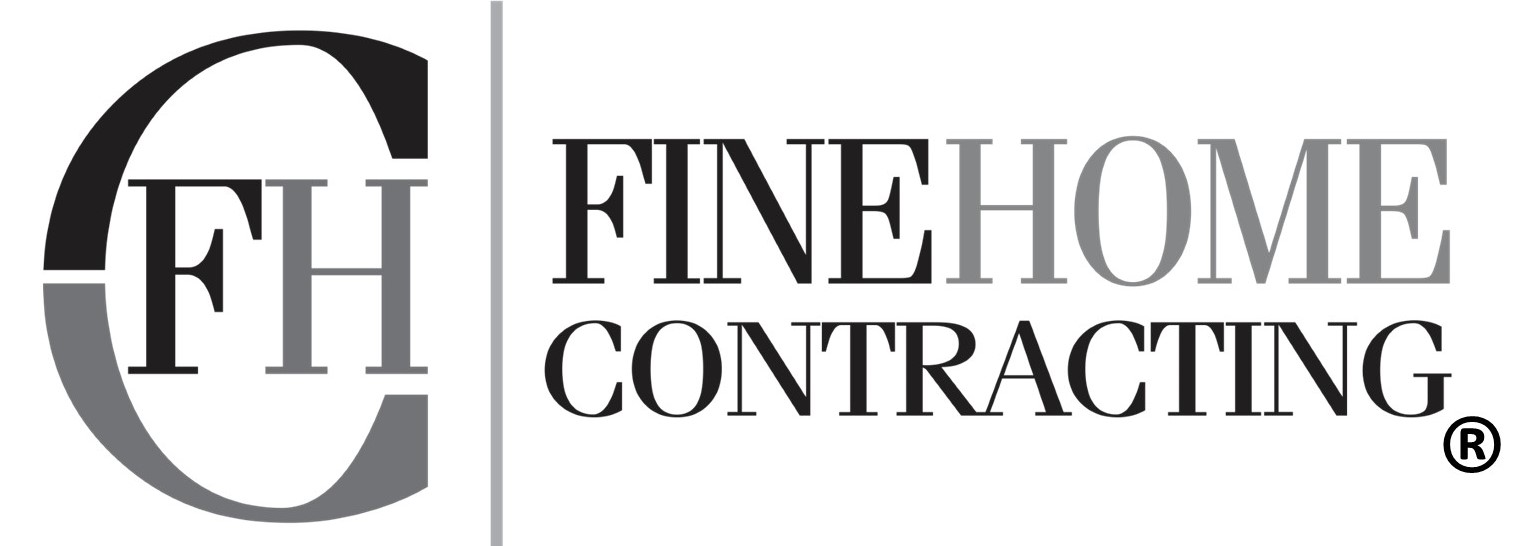Are you a realtor or a homeowner in Connecticut with dreams of transforming your property into the ideal living space? Perhaps you’re eyeing a major remodel or planning to add extra rooms to accommodate your growing family. In either case, you’ll likely need financial assistance to turn your vision into reality. That’s where renovation loans come into play.
In this article, we’ll explore four significant types of renovation loans: FHA 203(k), Homestyle, VA, and USDA loans. We’ll break down their eligibility requirements, associated costs, mandatory repairs, and, most importantly, help you differentiate between them. By the end of this guide, you’ll be well-equipped to choose the renovation loan that best suits your needs and goals.
Understanding FHA 203(k) Loans
FHA 203(k) loans are a versatile option for homeowners and realtors. They offer financing for both the purchase and renovation of a property in need of repair. These loans come with relatively low down payment requirements and flexible credit score criteria. FHA 203(k) loans mandate specific types of repairs, including structural and safety improvements, making them suitable for a wide range of renovation projects.
Eligibility Requirements
To qualify for an FHA 203(k) loan, you typically need to meet the following criteria:
- Minimum credit score requirements
- Adequate income to cover the loan payments
- A property in need of renovation or repair
Costs Involved
When it comes to costs, FHA 203(k) loans have several factors to consider:
- Interest rates
- Mortgage insurance premiums
- Upfront and ongoing fees
- Loan principal and interest
Pros
Cons
Exploring Homestyle Loans
Homestyle loans are ideal for those seeking flexibility in their renovation financing. These loans allow for a broad range of property types and renovation projects, including luxury upgrades. While they offer competitive interest rates, they may involve stricter appraisal and inspection requirements. Homestyle loans are a good fit for borrowers with good credit looking to transform their properties.
Homestyle loans cover a wide range of renovations, such as:
- Structural repairs
- Kitchen and bathroom upgrades
- Energy-efficient improvements
- Luxury enhancements
Eligibility Requirements
To be eligible for a Homestyle loan, you’ll typically need to meet the following criteria:
- Good credit score
- Adequate income to cover the loan
- A property in need of renovation or repair
Costs Involved
When it comes to costs, Homestyle loans have several factors to consider:
- Interest rates
- Loan fees
- Appraisal and inspection costs
- Principal and interest payments
Pros
Cons
The Ins and Outs of VA Renovation Loans
VA renovation loans are exclusive to veterans and eligible service members. They provide a financing option that combines the purchase of a property with the cost of renovations. VA renovation loans are known for their attractive terms, including no down payment requirements and competitive interest rates. They can be used for various improvements, including accessibility enhancements and roof repairs, making them valuable to veterans seeking to renovate their homes.
VA renovation loans are versatile and can cover a variety of improvements, including:
- Accessibility upgrades
- Roof repairs or replacements
- HVAC system installation
- Kitchen and bathroom renovations
Eligibility Requirements
To be eligible for a Homestyle loan, you’ll typically need to meet the following criteria:
- Minimum property requirements
- Approval from the VA
- Ability to cover Loan Expenses
Costs Involved
When it comes to costs, VAloans have several factors to consider:
- Interest rates
- Funding fees
- Appraisal and inspection costs
- Principal and interest payments
Pros
Cons
Navigating USDA Renovation Loans
USDA renovation loans are designed for eligible rural homeowners. These loans offer an opportunity to improve energy efficiency and make necessary repairs. USDA renovation loans come with favorable terms, including no down payment requirements and competitive interest rates. However, they are limited to rural areas and have income restrictions. These loans are well-suited for rural homeowners looking to enhance their properties.
USDA renovation loans can be used for various upgrades, such as:
- Energy-efficient improvements
- Safety and accessibility enhancements
- Repairing structural issues
- Cosmetic improvements
Eligibility Requirements
To be eligible for a USDA loan, you’ll typically need to meet the following criteria:
- Property location in an eligible rural area
- Compliance with USDA income limits
Costs Involved
When it comes to costs, USDA loans have several factors to consider:
- Interest rates
- Guarantee fees
- Appraisal and inspection costs
- Principal and interest payments
Pros
Cons
Now that we’ve explored the four major types of renovation loans, let’s compare and contrast them to help you make an informed decision.
Comparing the Loan Types
Eligibility Comparison
Each renovation loan type has its own set of eligibility criteria. FHA 203(k) loans are accessible to a wide range of borrowers, including those with lower credit scores. Homestyle loans offer flexibility in terms of property type. VA renovation loans are exclusively for veterans and service members, while USDA renovation loans cater to eligible rural homeowners.
Cost Comparison
When comparing costs, it’s essential to consider interest rates, fees, and mortgage insurance premiums. While FHA 203(k) loans may have lower down payment requirements, VA renovation loans offer competitive interest rates for eligible borrowers. Homestyle loans and USDA renovation loans also have their own cost structures.
Mandatory Repairs Comparison
The types of repairs or renovations required for each loan type can vary. FHA 203(k) loans often mandate structural, safety, and energy efficiency improvements. Homestyle loans cover a broad range of renovations, including luxury upgrades. VA renovation loans may require accessibility enhancements, while USDA renovation loans focus on energy-efficient improvements and rural property standards.
Now that you’re armed with knowledge about renovation loans, their eligibility criteria, costs, and the types of renovations they cover, you’re better prepared to embark on your remodeling journey. Make your dream home a reality with the right renovation loan.
